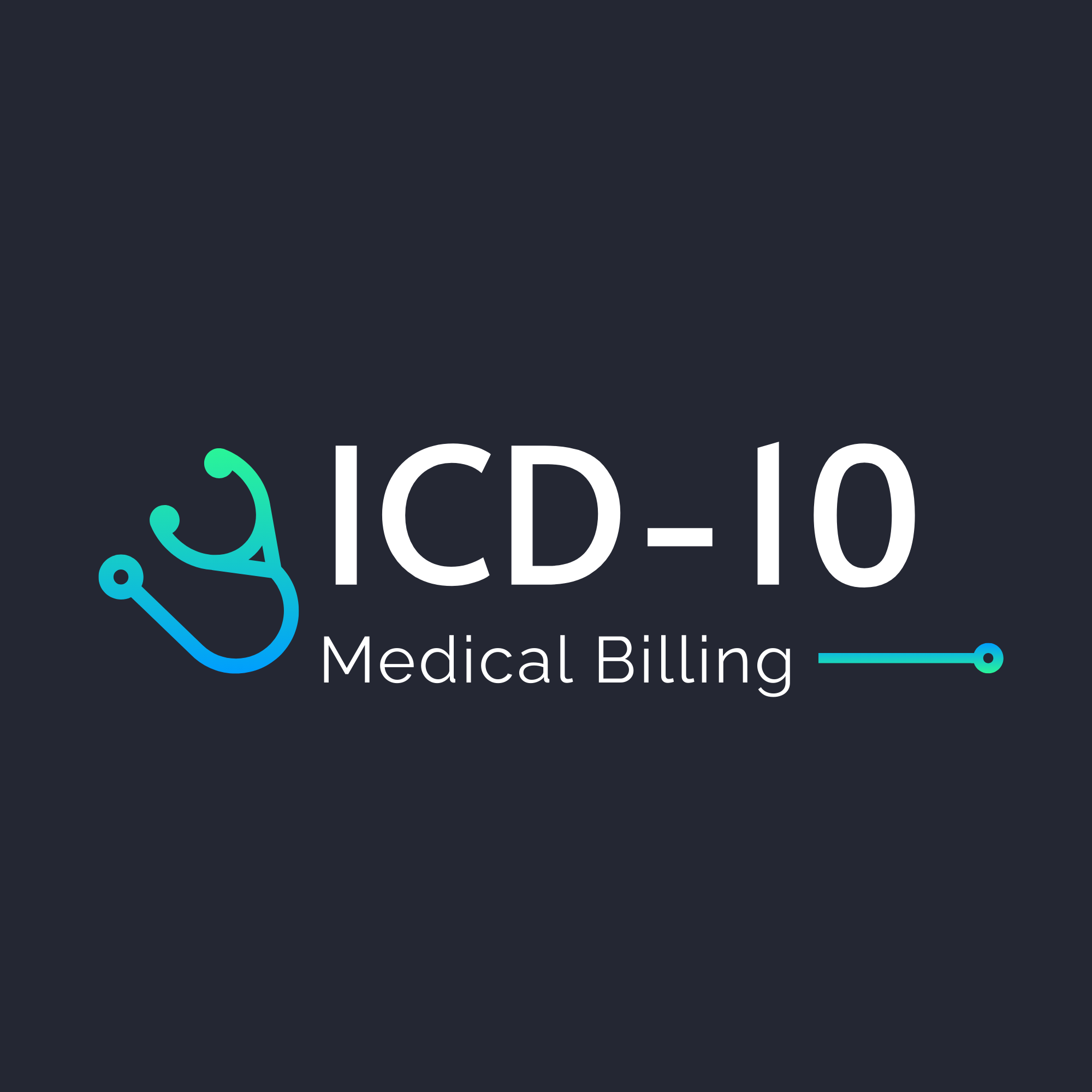What is psychiatry?
Psychiatry is a branch of medicine focused on diagnosing, treating, and preventing mental, emotional, and behavioral disorders. Psychiatrists are medical doctors who specialize in psychiatry and are trained to understand the complex interplay of biological, psychological, and social factors that contribute to mental health conditions. They use various methods, including medication, psychotherapy, and other interventions, to help individuals manage and overcome mental health challenges. Psychiatry also involves research into the causes and treatments of mental disorders, aiming to improve the understanding and care of those affected by such conditions.
Why is understanding psychiatry important for mental well-being?
Diagnosis and Treatment: Psychiatry helps in accurately diagnosing mental health conditions, which is the first step towards effective treatment. Proper diagnosis allows individuals to receive appropriate interventions such as medication, therapy, or a combination of both.
Reducing Stigma: Psychiatry helps to debunk myths and misunderstandings about mental illness, reducing stigma. Understanding that mental health conditions are medical disorders, just like physical illnesses, promotes empathy and encourages people to seek help without fear of judgment.
Improving Quality of Life: Effective psychiatric care can significantly improve a person’s quality of life. It helps individuals manage symptoms, cope with challenges, and lead fulfilling lives despite their mental health condition.
Preventive Care: Psychiatry emphasizes preventive strategies to maintain good mental health. Early intervention and treatment can prevent the exacerbation of symptoms and reduce the risk of more severe mental health issues developing later on.
Holistic Approach: Psychiatrists consider the whole person, taking into account biological, psychological, and social factors influencing mental health. This holistic approach ensures that treatment plans are comprehensive and tailored to the individual’s unique needs.
Support and Resources: Psychiatry provides access to a wide range of support services, including therapy, support groups, and community resources. These resources help individuals build resilience, develop coping skills, and strengthen their support networks.
Enhancing Understanding: Learning about psychiatry enhances personal understanding of one’s own mental health and that of others. It encourages open dialogue about mental health issues, fostering a supportive environment where individuals feel comfortable discussing their experiences and seeking help.
Types of Mental Health Conditions
- Anxiety disorders (e.g., generalized anxiety disorder, panic disorder).
- Mood disorders (e.g., depression, bipolar disorder).
- Psychotic disorders (e.g., schizophrenia).
- Obsessive-compulsive and related disorders.
Causes of Mental Health Conditions
- Biological factors (genetics, brain chemistry).
- Environmental factors (stress, trauma).
- Combination of genetic and environmental influences.
Symptoms and Signs
- Common symptoms across different mental health conditions.
- How symptoms can vary in severity and presentation.
Diagnosis Process
- Role of psychiatrists in diagnosing mental health conditions.
- Tools and assessments used (e.g., interviews, questionnaires).
Treatment Options
- Medication: How psychiatric medications work and common types.
- Therapy: Overview of different types (e.g., cognitive behavioral therapy, psychotherapy).
- Lifestyle changes: Importance of diet, exercise, and sleep.
Holistic Approaches to Mental Health
- Integrative therapies (e.g., yoga, mindfulness).
- Importance of addressing physical health alongside mental health.
Psychiatric Care Team
- Roles of psychiatrists, psychologists, social workers, and psychiatric nurses.
- Importance of collaborative care in treatment planning.
Mental Health Stigma
- Impact of stigma on individuals seeking help.
- Efforts to reduce stigma through education and advocacy.
Cultural and Social Factors
- How cultural beliefs and social context influence mental health.
- Importance of culturally sensitive care.
Recovery and Rehabilitation
- What recovery from mental illness entails.
- Rehabilitation programs and support services available.
Preventive Mental Health
- Strategies for preventing mental health issues.
- Importance of early intervention and support networks.
Support Systems
- Family and community support in mental health recovery.
- Peer support groups and online resources.
Impact on Daily Life
- How mental health conditions affect work, relationships, and overall quality of life.
- Coping strategies for managing daily challenges.
Research and Innovation
- Current trends in psychiatric research.
- Advances in treatments and understanding of mental health.
Global Mental Health
- Disparities in access to mental health care worldwide.
- Efforts to improve mental health services globally.
Legal and Ethical Issues
- Rights of individuals with mental illness.
- Ethical considerations in psychiatric treatment and research.
Personalized Treatment Plans
- Importance of tailoring treatments to individual needs.
- Role of patient preferences in treatment decisions.
Educational Resources
- Where to find reliable information about mental health.
- Organizations and websites offering support and education.
Conclusion
- Recap key points about psychiatry health.
- Encourage readers to prioritize mental health and seek help when needed.
Stay informed with ICD Med-Billing for the latest updates on ICD-10 codes.




